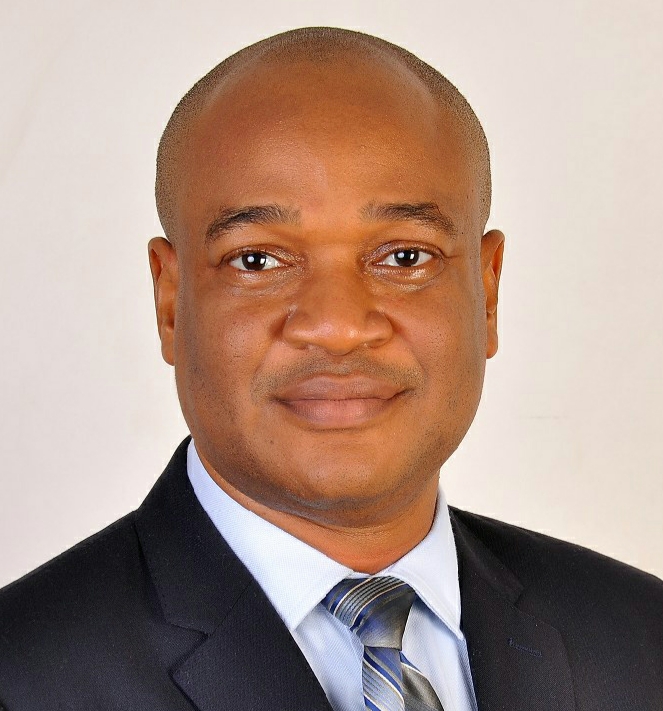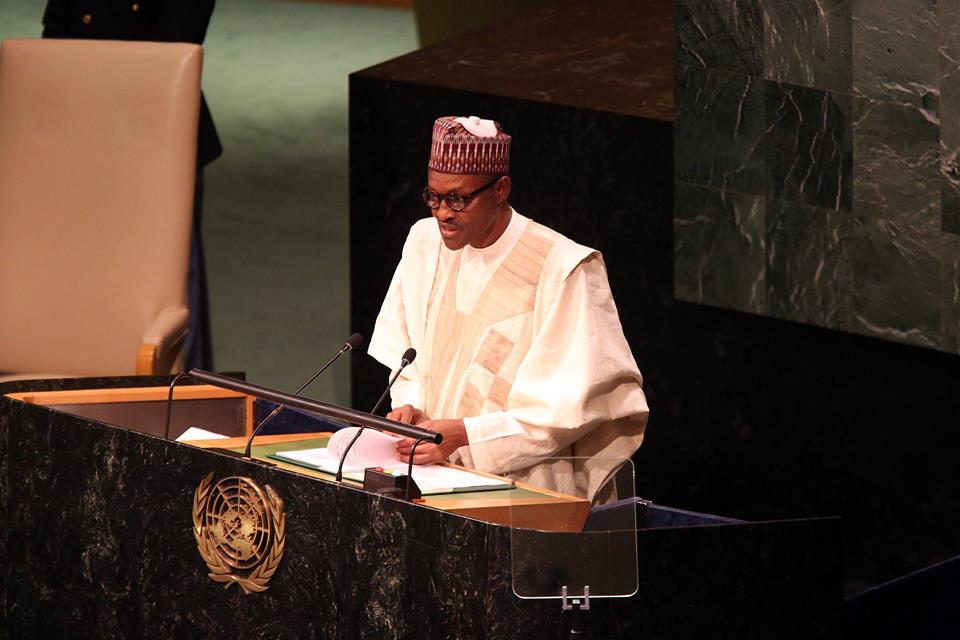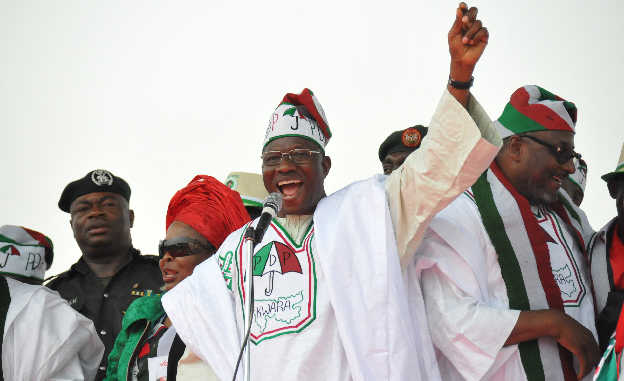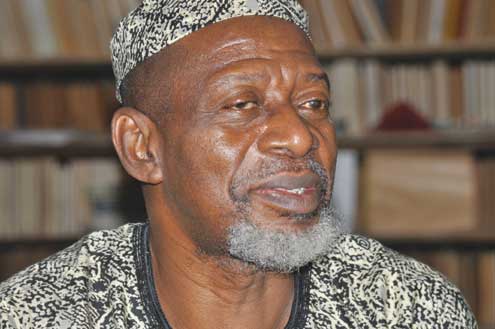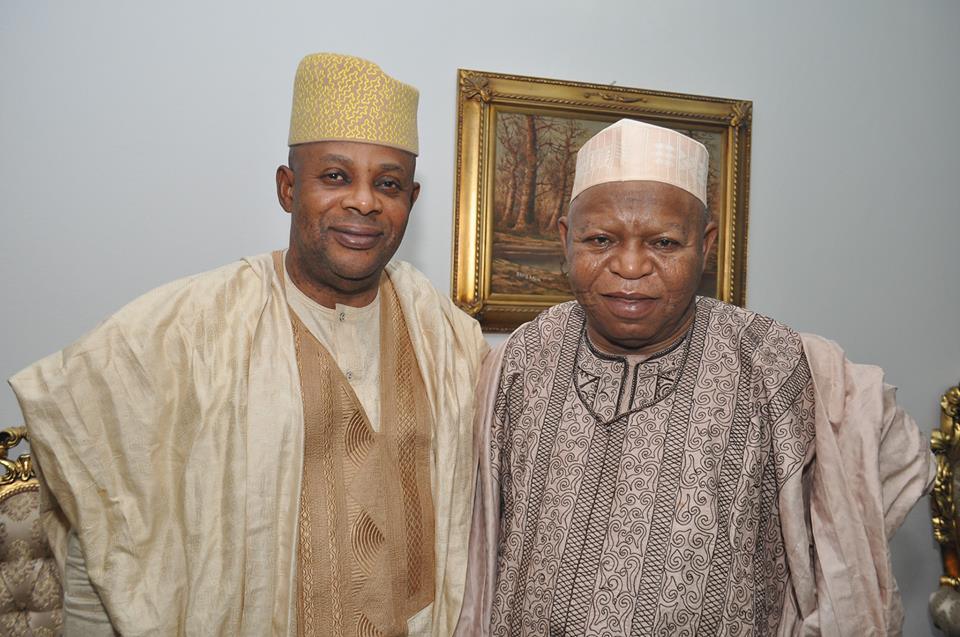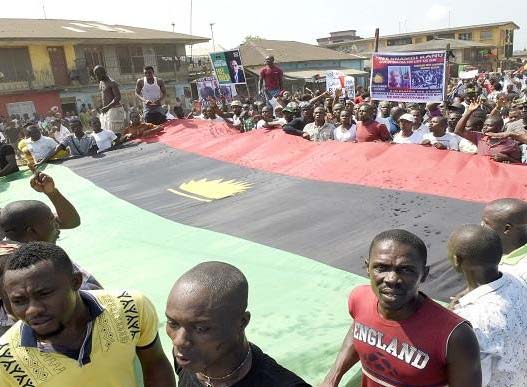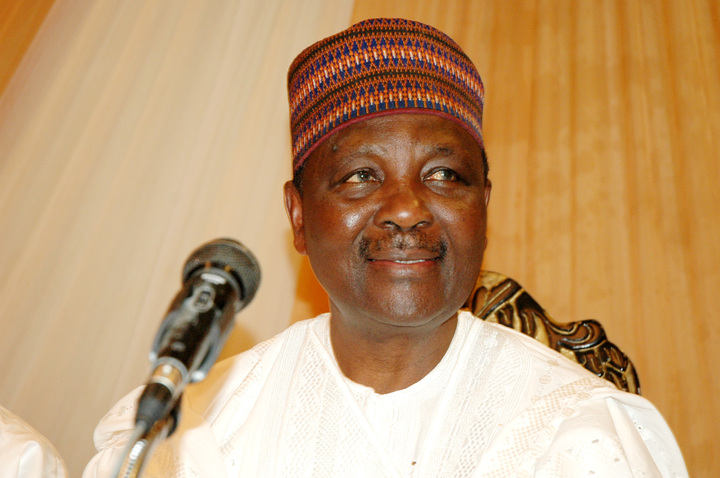Muhammadu Buhari
I have taken my title from a book written by King Abdullah II of Jordan. It came to mind as I bundled my thoughts on the 6-month presidency of Muhammadu Buhari, especially against the backdrop that the colour and texture of his government (and leadership) now has a bit of clarity with the eventual inauguration of the Federal Executive Council. Democracy offers societies different models of governments and different modes of leadership. In his Inaugural Address, President Buhari said that “the newly elected government is basking in a reservoir of goodwill and high expectations. Nigeria therefore has a window of opportunity to fulfil our longstanding potential of pulling ourselves together and realizing our mission as a great nation.” A government is now in place to do just that.
As an aside, there has been a lot of analysis on the job placements of his administration prior to the appointment of ministers. On one side of the spectrum, they have been viewed as geographically lopsided. On the other, there is a decisive conclusion that they are a reflection of the change towards competence above other factors. Geographical balancing is very important to the stability of our amalgamation, if other presidential considerations surmount it for such recruitments and delivers on the promise of a new Nigeria, then it can be a model for future presidencies to adopt.
But it is in the composition of the Federal Executive Council and the new structure of government that the President has shown his hand. His cabinet of 36 people is definitely the smallest since 1999. Presidents Obasanjo, Yar’Adua and Jonathan each started with 42. The National Conference 2014 had proposed a more drastic reduction in the number of Ministers to 18. President Buhari also reduced the number of Ministries to 25 (or 24?). President Obasanjo started with 28 ministries but at the time he was leaving office (a few months to the end of his tenure), he had reduced the number to 23 by merging Agriculture with Water Resources, Commerce with Industry, Communications with Information and Environment with Housing (taken from Works and Housing). He also merged Internal Affairs and Police Affairs to have Interior, Works, Transport and Aviation to have Transportation, Petroleum and Power to create Energy. He also took away Steel (from Power and Steel) and merged it with Solid Minerals to become Mines and Steel.
This was the structure that he handed over to President Yar’Adua who then added a Ministry of Niger Delta to make it 24 ministries. In a little more than one year after assuming office, President Yar’Adua jettisoned his Obasanjo inheritance by unbundling Transportation, Energy and Interior. His successor, President Jonathan, also tinkered with the structure of the ministries in 2011 by creating a Ministry of Communications Technology, reconfigured Commerce and Industry to become Industry, Trade and Investment and demerged Agriculture and Water Resources into 2 separate ministries. In the end, he had 28 ministries by the time he left office on May 29, 2015.
Advertisement
The foregoing presents past presidential interventions in the number and scope of our federal ministries with each of them prefacing their intentions as a matter of public good. Undoubtedly, these restructurings have also brought with them unintended consequences in job losses, misalignments and a slowdown in government activities. President Buhari has just unveiled his own version. There is a Ministry of Budget and National Planning, Transportation is back (without Works) while Information has Culture re-appended to it (with nothing said about Tourism which is a major source of foreign exchange yet untapped). It is not yet clear if Police Affairs has been scrapped completely or if it will be subsumed in Internal Affairs. It is also not clear if Communications has returned to pre-Jonathan era (without Technology thereby presupposing that Science and Technology will assume that). Also, assigning a jumbo portfolio of Minister for Power, Works and Housing to the former Lagos State Governor, Mr. Babatunde Fashola, has 2 implications: he is either overseeing 2 ministries (given that the presidential spokesman had announced that there is a Permanent Secretary appointed for the Federal Ministry of Power and another for the Federal Ministry of Works and Housing) or the 2 ministries have been merged (with 2 Permanent Secretaries?). If it is the latter, I see a structural misalignment there because ministries are supposed to be merged to perform symmetrical functions. It would have been a more functional arrangement to fuse Power with Petroleum Resources and have a Ministry of Energy which will ensure that our challenges in delivering gas to power are finally tackled head on from one table.
Instructively, the President has said that in assigning portfolios to the new ministers, he has put round pegs in round holes. Some commentators (and a section of the social media) agree with him. Clearly, a number of the Ministers have rich backgrounds and pedigree for the job given to them. But we have also had similar ‘superstars’ in previous cabinets and I have written in the past to celebrate their presence in government. But in spite of the structure (and restructuring) of federal ministries and the appointment of ‘big name’ ministers in the past, a number of Nigerians would still argue that their helicopter view of the landscape seems to them to be littered with failures in managing public services leading to high levels of corruption and impunity, weak institutions, dire security situation, a huge infrastructure deficit and poor outcomes in health and primary education. Consequently, successive governments have at best stayed at a comfortable distance from the preceding government and, at worst, disparaged them.
I hold a different view. We have indeed made some progress in a number of areas and I have also written about them. I believe that as a country we would serve ourselves better if incumbent governments acknowledge the progress made by their predecessors and build on them. But more importantly they can make the difference by opening up new frontiers of progress and development. To say that is not to overlook the messiness in our politics and economics or to excuse the failures of our past leaders. But such misconceptions have important consequences for the society as a whole. They predispose us to overreact resulting in extreme mood swings.
Advertisement
Yet it is indisputable that despite our best efforts in the past and in spite of putting our best hands in office, we are still a far cry from the position we ought to be as a nation and that takes me to the presidency. Many Nigerians that voted for President Buhari (or wanted him to win) did so supposedly on the basis of his good character. He has thus far left no one in doubt that he is in charge and that his identity (read character) will drive the government. It is expected that he will bring it to bear in taking key decisions as President. This is very important because we have had outstanding policy options and programmes that would have kept us in the right direction but have been distorted or discarded by past presidents at the prompting of narrow interests. The best advice from our brightest brains in government have been rejected by previous presidents because of poor moral judgment, a failure of character. In my previous article, I pointed out that it is up to the Buhari presidency to make Nigeria’s economy more competitive.
According to the World Economic Forum, “competitive economies do a number of things well. They have stable macroeconomic conditions. Their business climate keeps transaction costs low, encouraging savings and investment and enabling vigorous competition. They have a modern, well-regulated financial sector that turns savings into productive investments. They invest in both hard and soft infrastructure. They encourage the acquisition of technology from abroad as well as entrepreneurship and innovation at home. And they are characterized by clusters of economic activity – in manufacturing, services, agriculture and natural resources – that are plugged into global value chains. Much of these entails ‘getting the basics right’. This is perhaps the primary lesson for good public policy. Getting the basics right is fundamentally about simplicity. Really good policy is about keeping it simple for producers, consumers and citizens. Simplicity is also the best form of transparency and predictability. Often complex policies are a recipe for bureaucratic overreach, incompetence, corruption, low productivity and low growth.” This requires presidential leadership. It requires character.
President Buhari now has to show that he is different from his predecessors. My favourite columnist, Peggy Noonan (who served in the Reagan presidency), once wrote that “In a president, character is everything. A president doesn’t have to be brilliant… He doesn’t have to be clever; you can hire clever… You can hire pragmatic, and you can buy and bring in policy wonks. But you can’t buy courage and decency, you can’t rent a strong moral sense. A president must bring those things with him… A vision is worth little if a president doesn’t have the character – the courage and heart – to see it through.” So it is not just about the structure of government and the stardom in government. It is about the President. It is about President Buhari. I fear that this might be the last best chance of his generation for us to make that great leap forward. If not, he may leave many Nigerians disillusioned about government’s overall ability to achieve change and even more cynical about politicians’ motivations.
Follow me on Twitter @nnannaude
Advertisement
Views expressed by contributors are strictly personal and not of TheCable.
Add a comment
